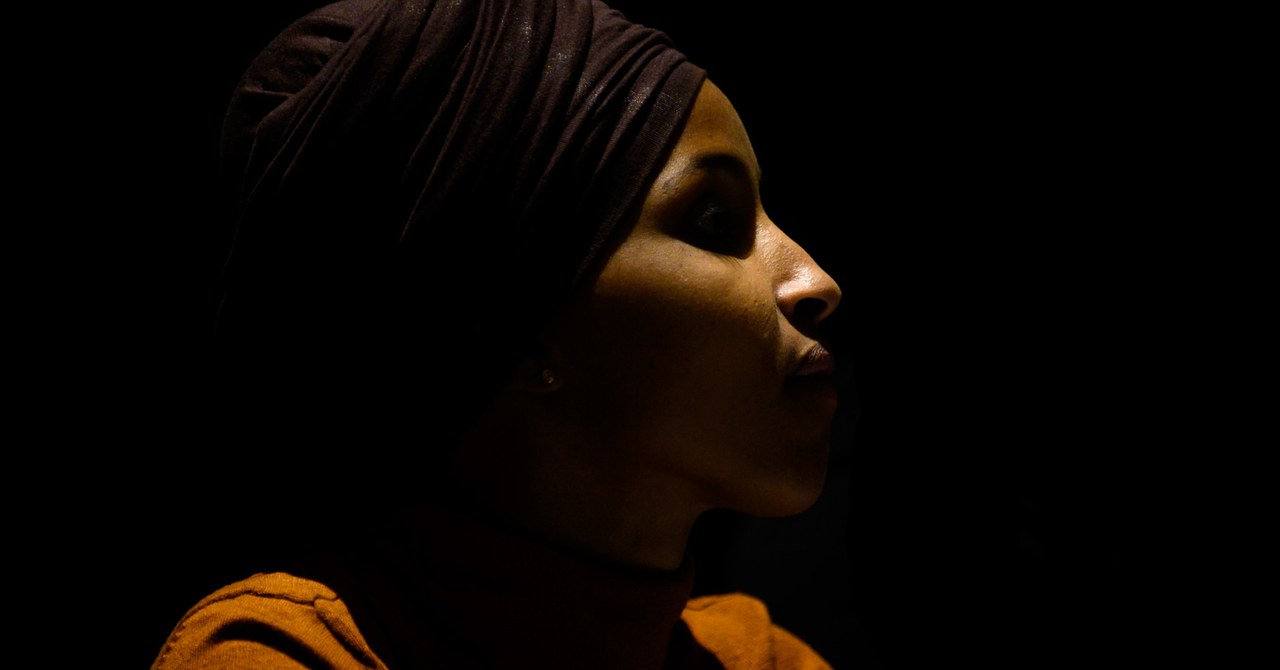Trolling Is Now Mainstream Political Discourse
Rushkoff’s observation encapsulates the trajectory of political discourse in America in the 11 years because with amazing accuracy. The concept of democratic involvement was formed in the Renaissance, and established upon a naive concept of private participation, which Rushkoff felt worked against the specific by delivering power to central authorities.
Social networks work in the opposite direction: They take power far from main authorities and organizations, and push it to people at the edges. Rushkoff saw this power– a minimum of as a tool for democratic gain– only harnessed once people took action, which we’ve seen because 2008. This concept asserts both the digital advocacy that assisted elect Barack Obama to the presidency, along with the mechanism that turned the tables back around to elect our existing president. The problems might have changed, however the ways to campaign wins are mostly one and the very same: action.
Artificial intelligence, it ends up, is not galloping toward us on a white horse (or a Tesla) to whisk us far from our rotting public sphere. We’re in Ludicrous Mode. At finest, small amounts tech only dampens the toxicity that’s visible at the network’s surface. However it leaves the edges of the network, where the worst of harassment and polarization happens, to take care of itself. And, obviously, it demands big capital investments in technology.
The number of real people who are taking part, consisting of those who motivate and galvanize others to take political action, like vote, is on the decrease. Rather, social platforms are increasingly occupied by makers: bots, conversational AI, and so on. Their program consists of silencing real people who voice opposition and assistance for particular views. They also function as risk intel– linking our discussions, found through the monitoring of our expressed feelings and shared posts, with political problems.
In our latest research study, we discovered majority of some 100,000 tweets about two female Muslim congressional candidates in the 2018 midterms (both of whom would ultimately win historic victories) involved outright hate speech. What’s more, the bulk of the harassment and provocation originated from a little associate of troll-like accounts. These amplifiers didn’t merely retweet news stories and spam links. Content wasn’t necessarily their main weapon; connectivity was.
We found an amazing pattern of these accounts persistently tagging House representatives Ilhan Omar of Minnesota and Rashida Tlaib of Michigan, both Democrats, into threads and replies. This in turn helped funnel hate speech, enhance rumors, and pull others into heated discussion threads. While some of the provocateur accounts were stereotypical bots, others represented an upgraded model of giant: They had traces of automation, quickly swarming on a particular post, for example, however were clearly used and monitored by real humans; they were cyborgs. Rather of mass amplifiers, these accounts worked more like polarization vacuums. To me, this signifies a wholesale shift in political distortion tactics.
This is a new twist to electoral politics and democratic participation in 2020 and in the coming years. In time, and particularly across diverse Twitter groups, hashtags, and neighborhoods, these methods will continue to surface area anger and psychological vitriol. They will connect political prospects’ identities to controversial concerns, raising them in tandem, and after that connecting them in the kind of a narrative to genuine citizens. This manufacturing of outrage legitimizes otherwise unsustainable reports and concepts.
Through Rushkoff’s interpretation, these hostile actors are making use of fundamental style defects in Twitter’s social connectivity to galvanize sensations around heated problems– faith, ethnic background, and gender– and convert them into political action: voting.
We’ve moved power far from the center, which isn’t a bad thing. But as it stands– the affordances of online privacy, the absence of oversight, and the incentive for bad actors to stay 2 steps ahead of moderation tech at every turn– make sure that the more we take part, the more we dig ourselves into an inequitable system of governance.
We have actually gotten in an era where silence is not golden, and our participation is beholden to technology platforms. It’s a rigged video game we can not win. Which implies that American citizens have but one escape: acting in 2020.
WIRED Opinion publishes posts by outside contributors representing a broad range of perspectives. Learn more opinions here. Submit an op-ed at opinion@wired.com.
More Great WIRED Stories
Social networks operate in the opposite instructions: They take power away from central authorities and institutions, and push it to individuals at the edges. Rushkoff saw this power– at least as a tool for democratic gain– only harnessed once people took action, which we’ve seen because 2008. The number of real individuals who are taking part, including those who influence and galvanize others to take political action, like vote, is on the decline. While some of the provocateur accounts were stereotypical bots, others represented an updated design of troll: They had traces of automation, rapidly swarming on a specific post, for example, but were plainly used and supervised by real human beings; they were cyborgs. They will connect political candidates’ identities to questionable issues, raising them in tandem, and then linking them in the type of a story to real citizens.
